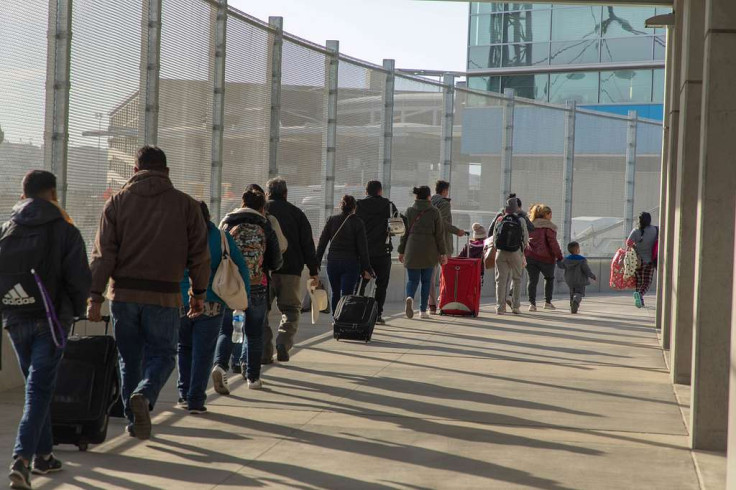
SEATTLE - The Department of Homeland Security detailed a new set of rules in the parole program that allows migrants from Cuba, Haiti, Nicaragua and Venezuela to access an expedited process to enter the country legally.
According to the U.S. Citizenship and Immigration Services website, 30,000 noncitizens will obtain authorization each month to seek parole on a case-by-case basis. The new rule says that migrants who have claimed refugee status in another country may not apply for the program.
"An individual is ineligible to be considered for parole under these processes if that person is a dual national or permanent resident of, or holds refugee status in, another country," DHS told Border report about the matter.
In order to qualify for the CHNV Parole, a person must be outside of the United States, be a national of one of the four countries listed, or be an immediate family member (spouse, common-law partner, and/or unmarried child under age 21) who is traveling from an eligible person from Cuba, Haiti, Nicaragua or Venezuela.
On top of that, individuals that apply for the CHNV Parole must have an approved U.S.-based supporter and possess an unexpired passport.
The parole program was created in October of 2022 but only Venezuelans were able to apply. It was extended in January of 2023 to include Haitians, Cubans and Nicaraguans.
According to the DHS, over 460,000 people have arrived lawfully to the United States under this parole process through the end of May of 2024.
"Lawful pathways, combined with strong enforcement, are effective at reducing irregular migration to the United States and preventing migrants from putting their lives in the hands of smugglers," said Secretary of Homeland Security Alejandro N. Mayorkas last year, as the parole process was extended to include Cubans and Haitians seeking asylum.
For more information on all the guidelines and requirements for the CHNV Parole, you can access the U.S. Citizenship and Immigration Services website here.
© 2025 Latin Times. All rights reserved. Do not reproduce without permission.





